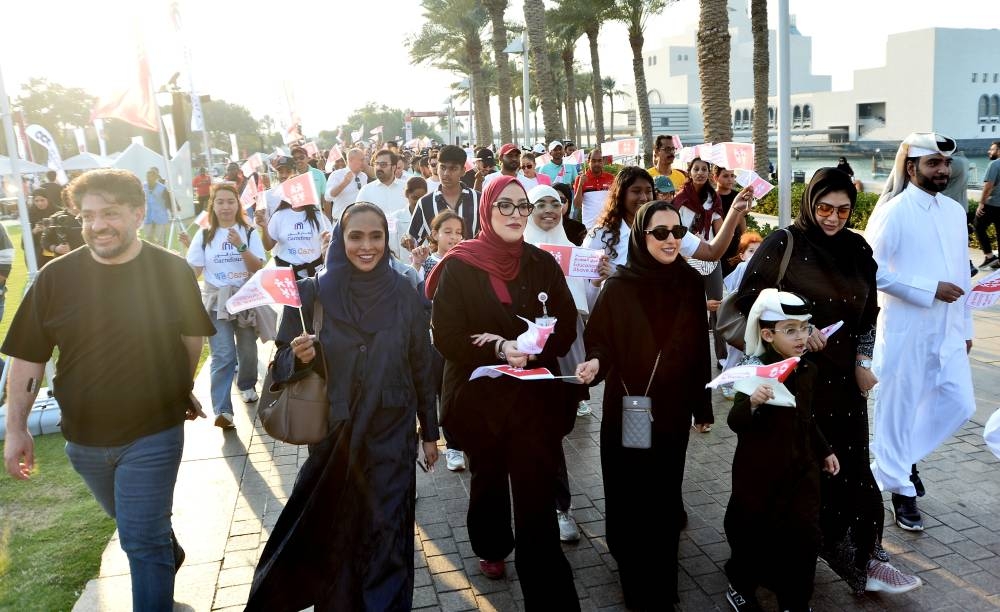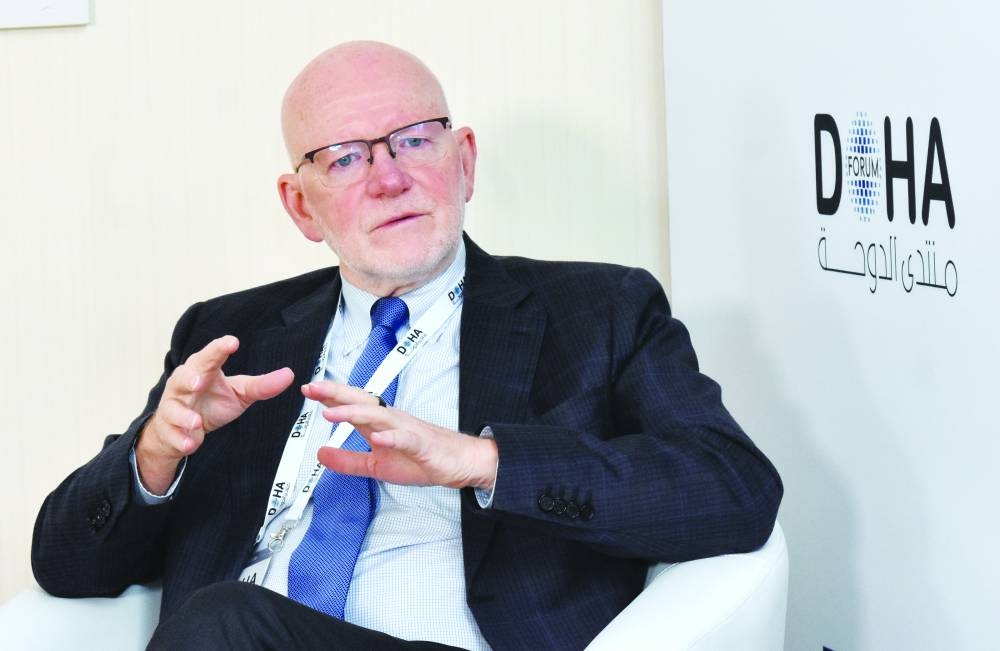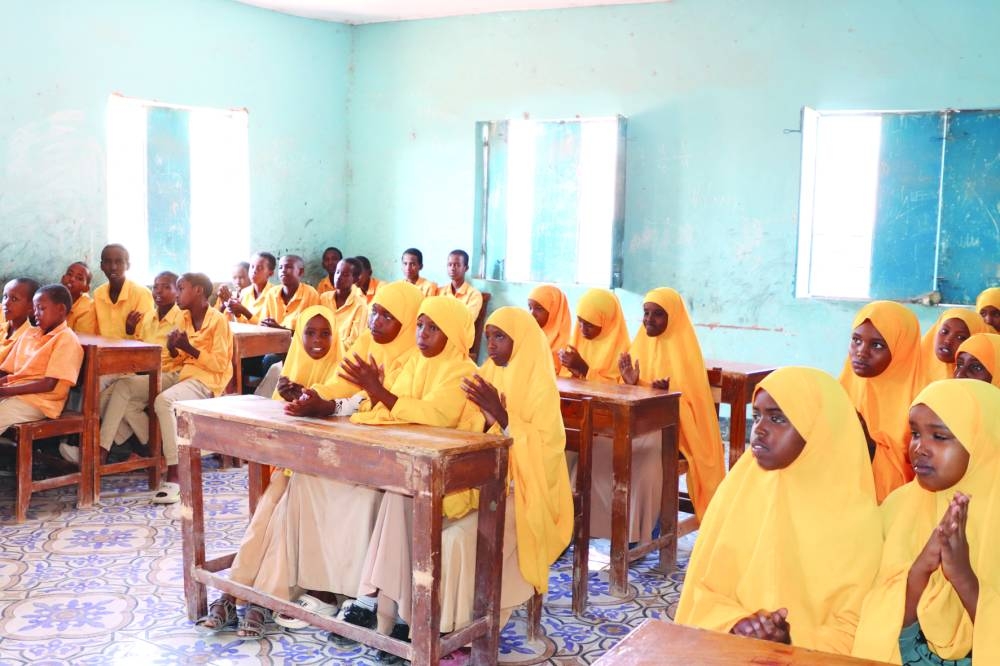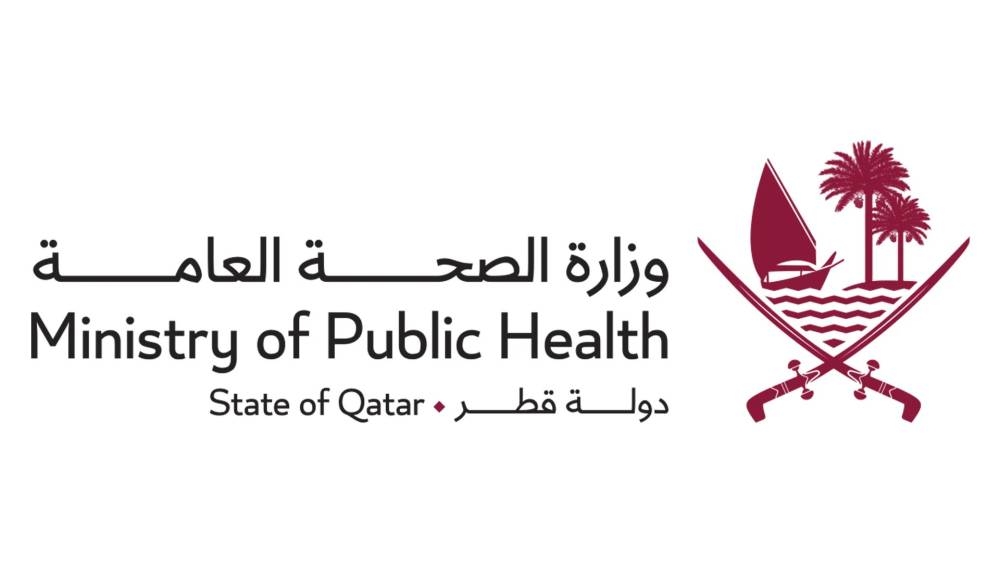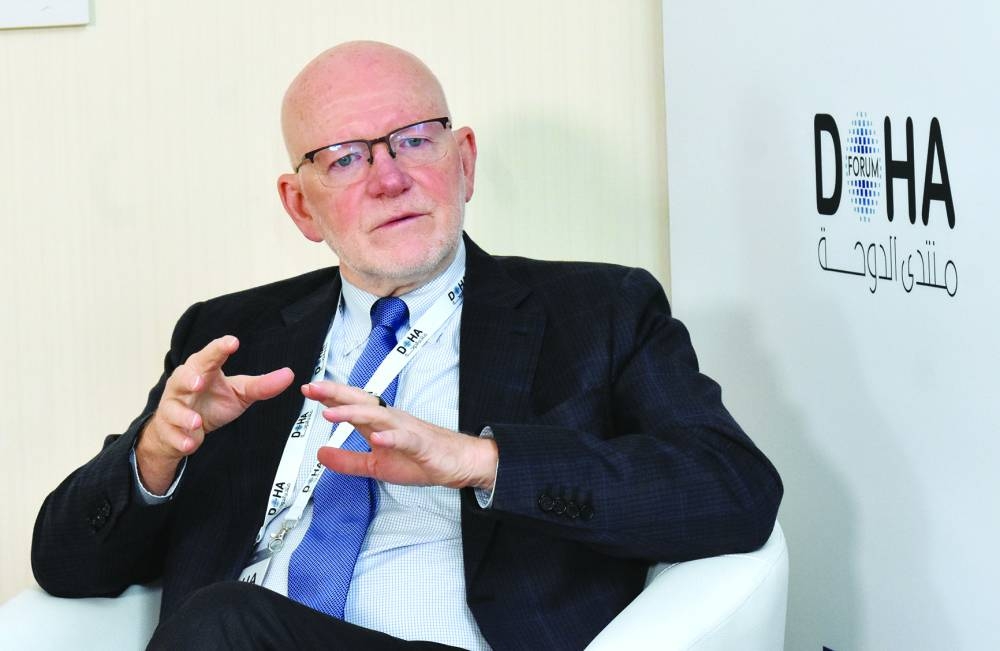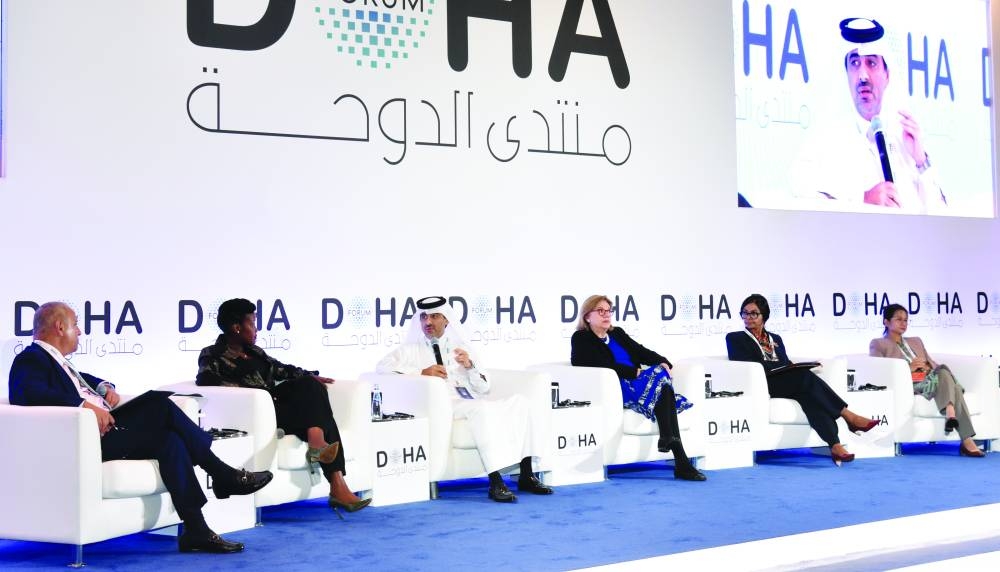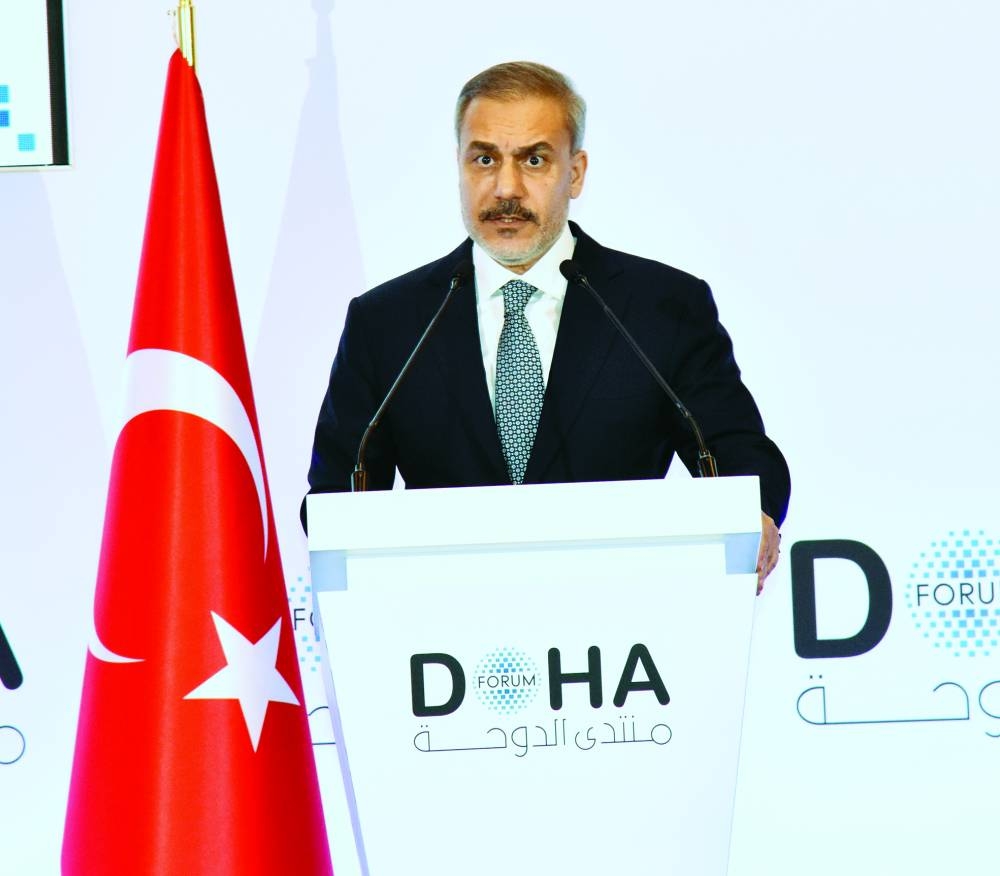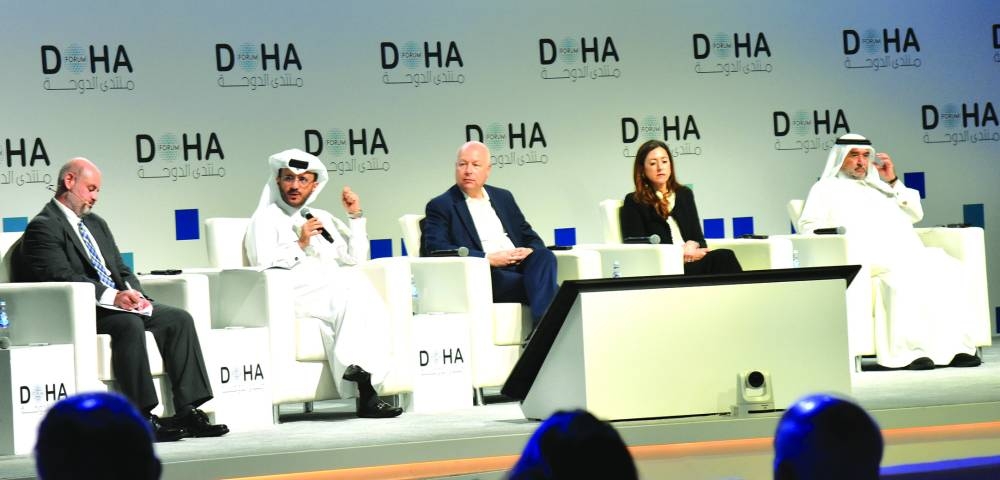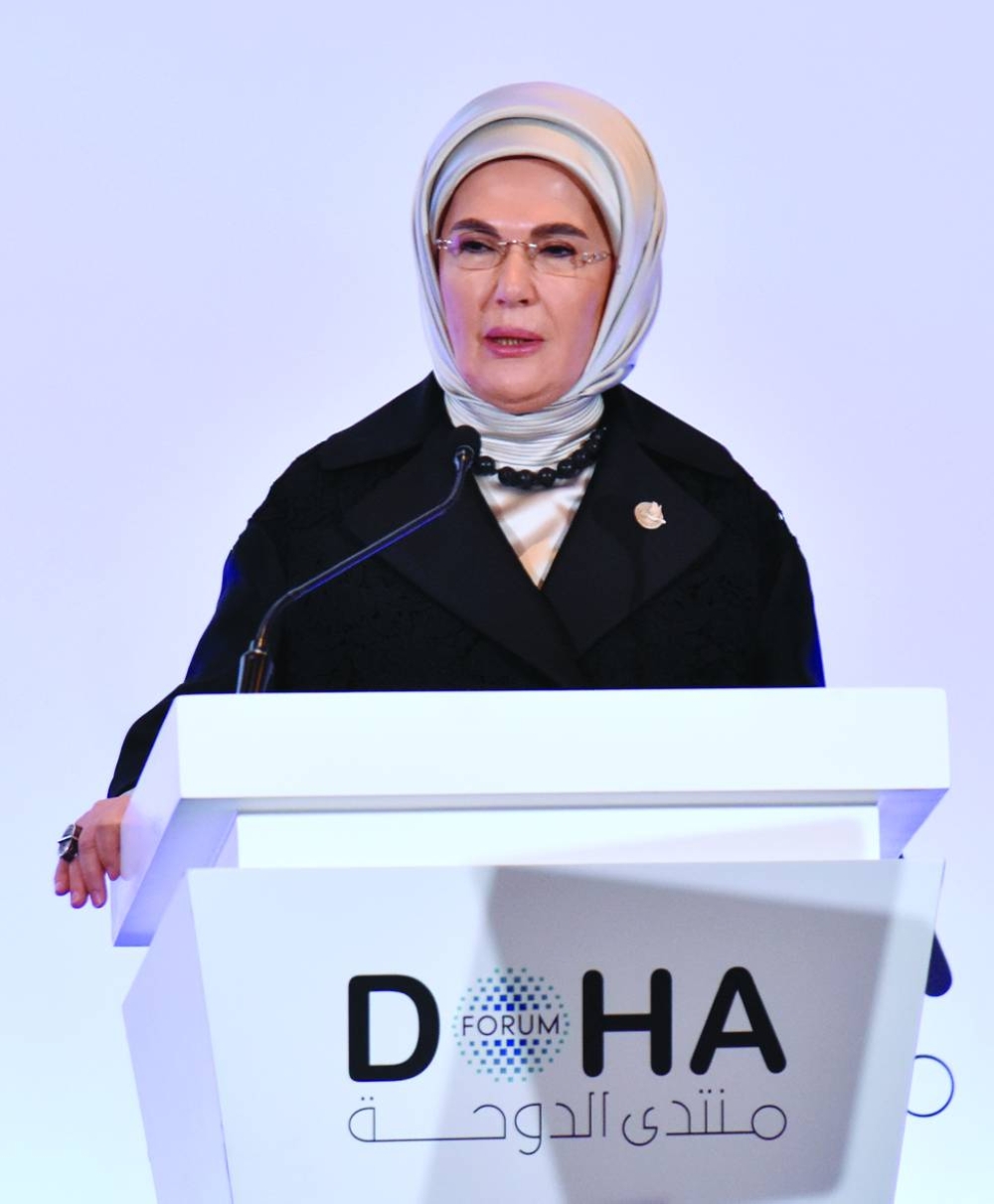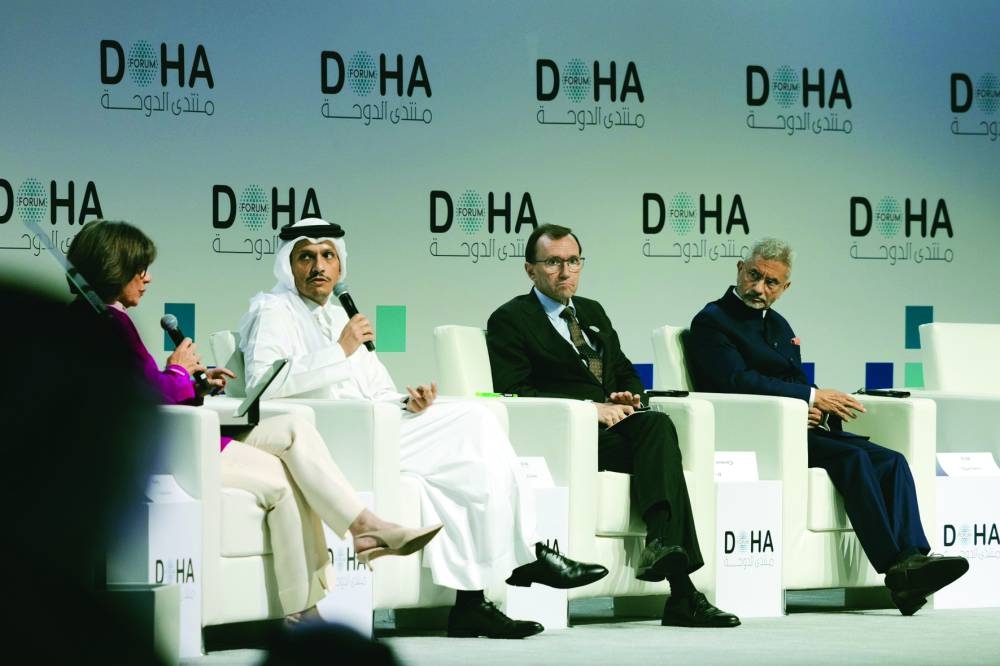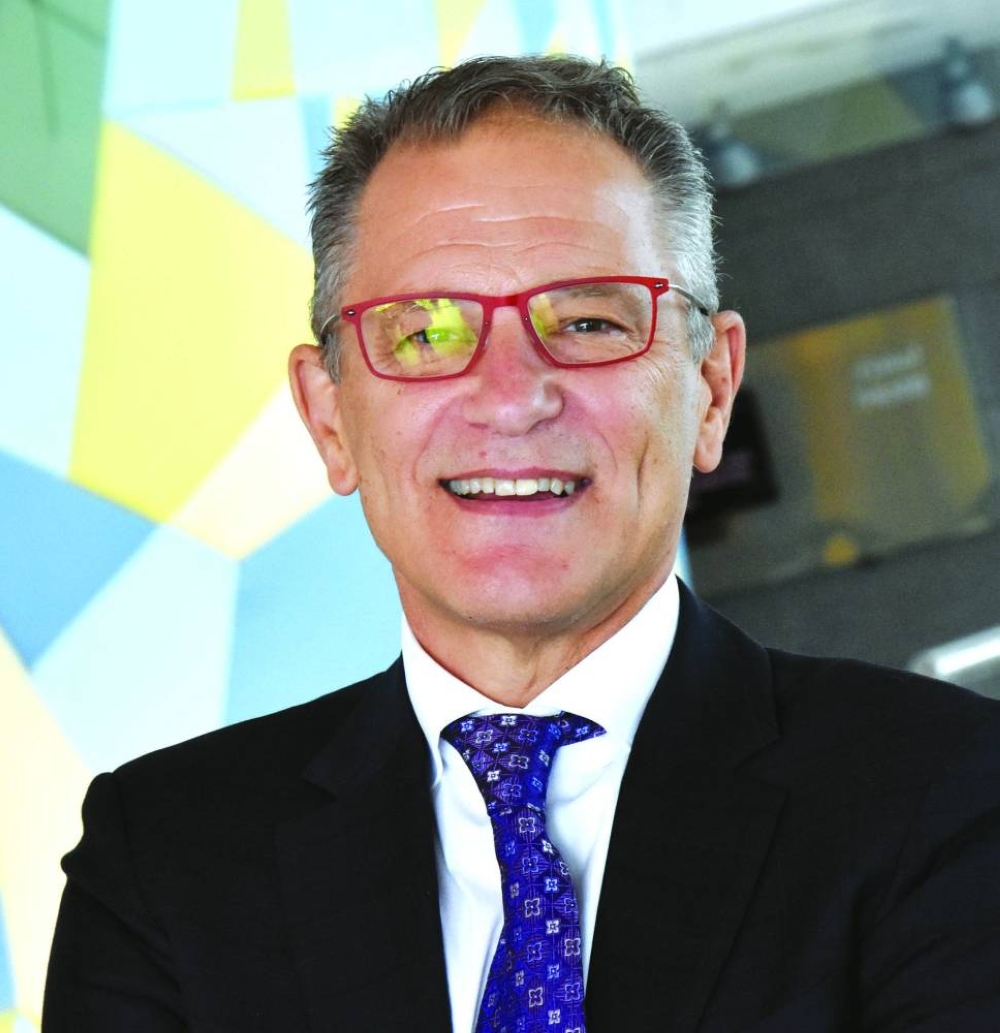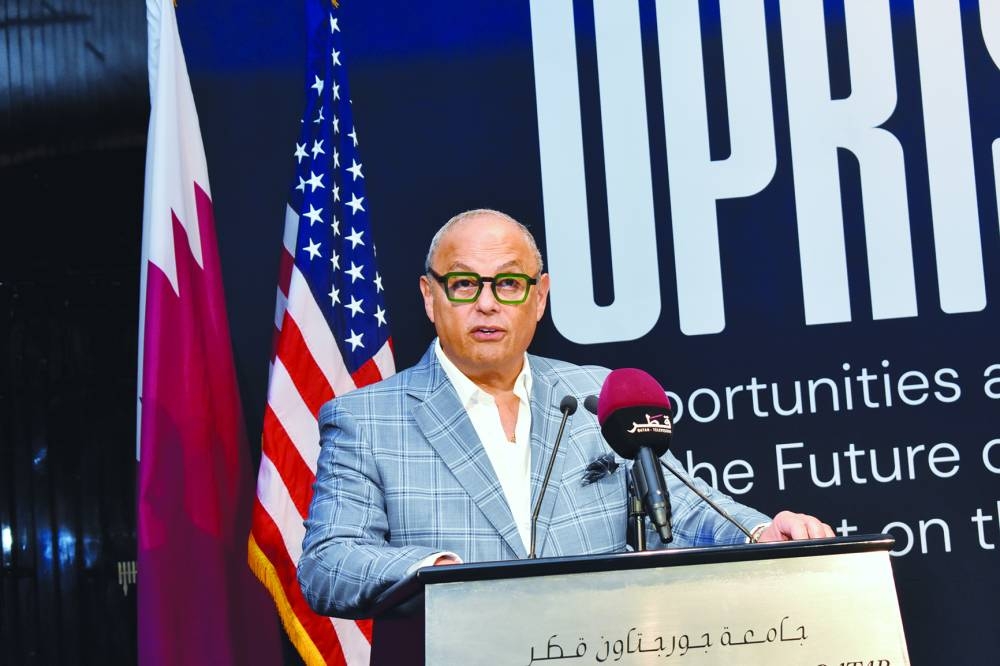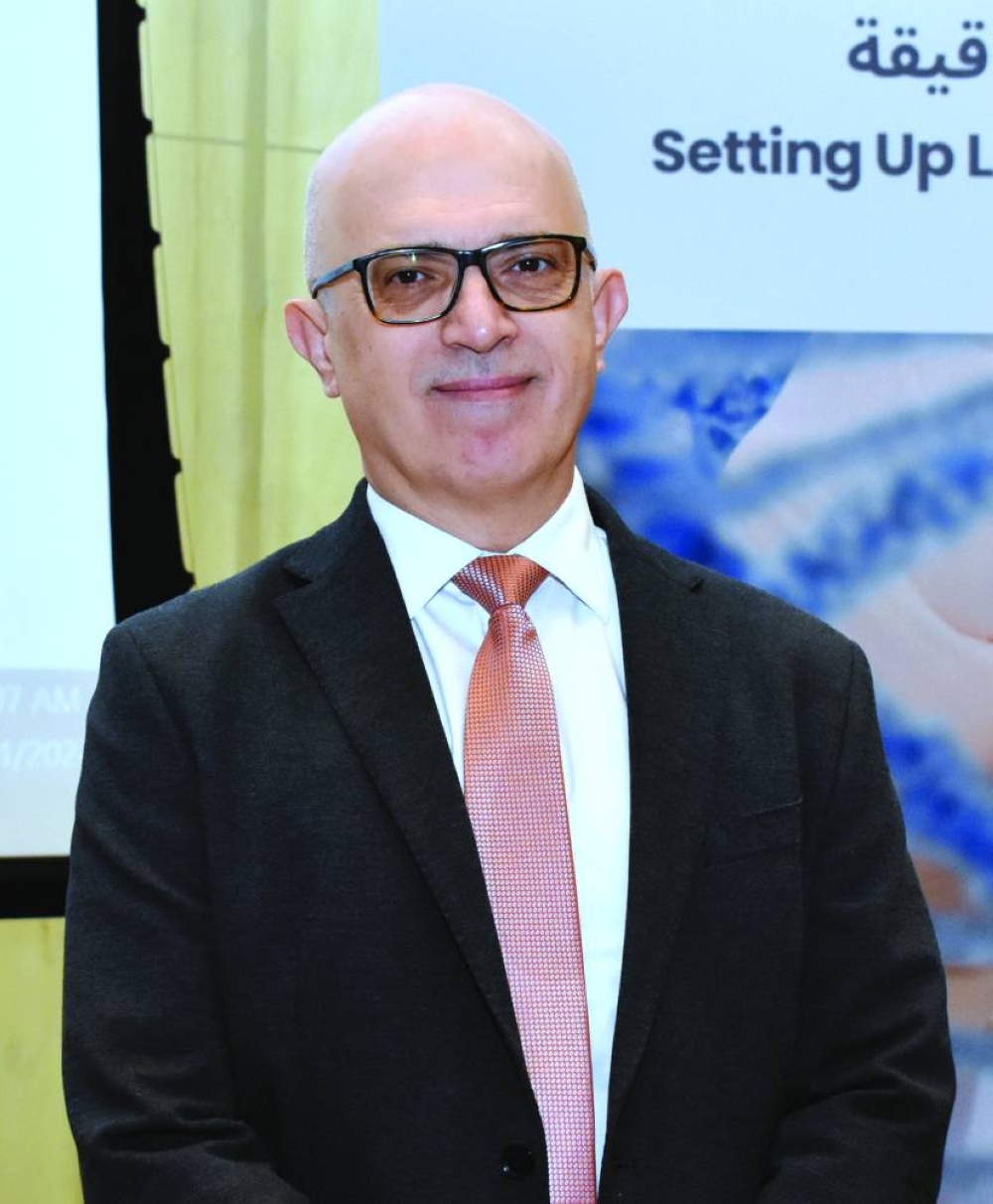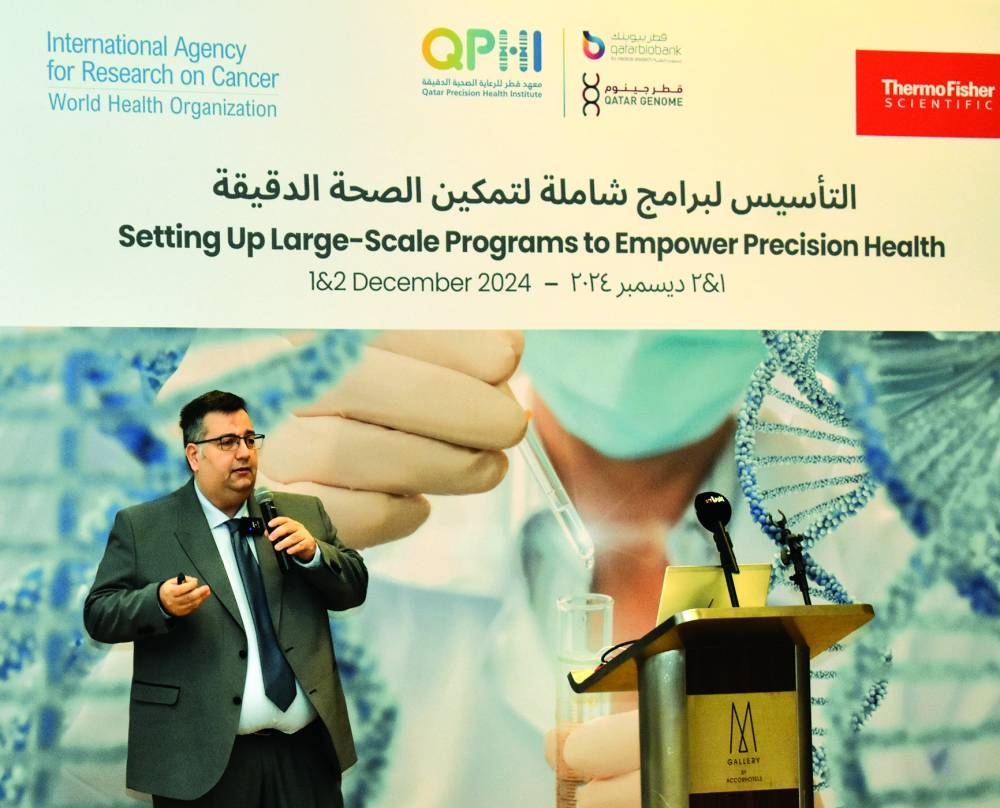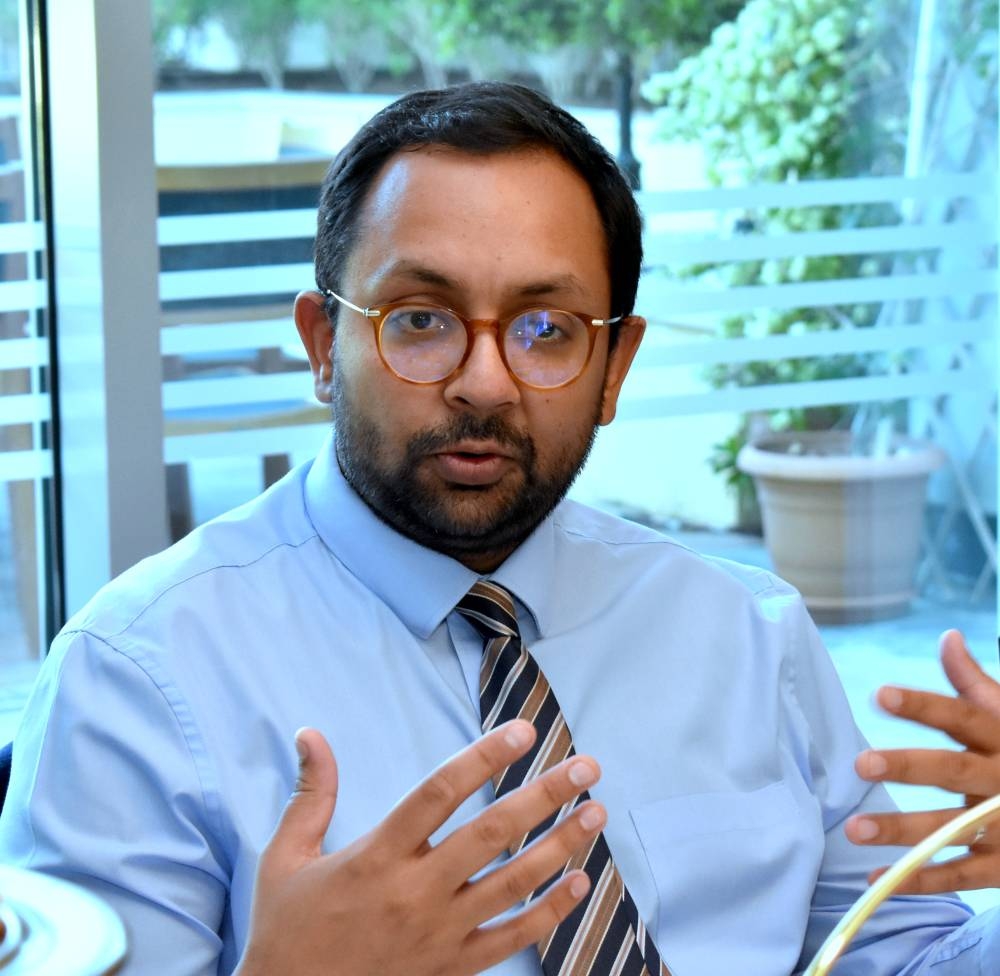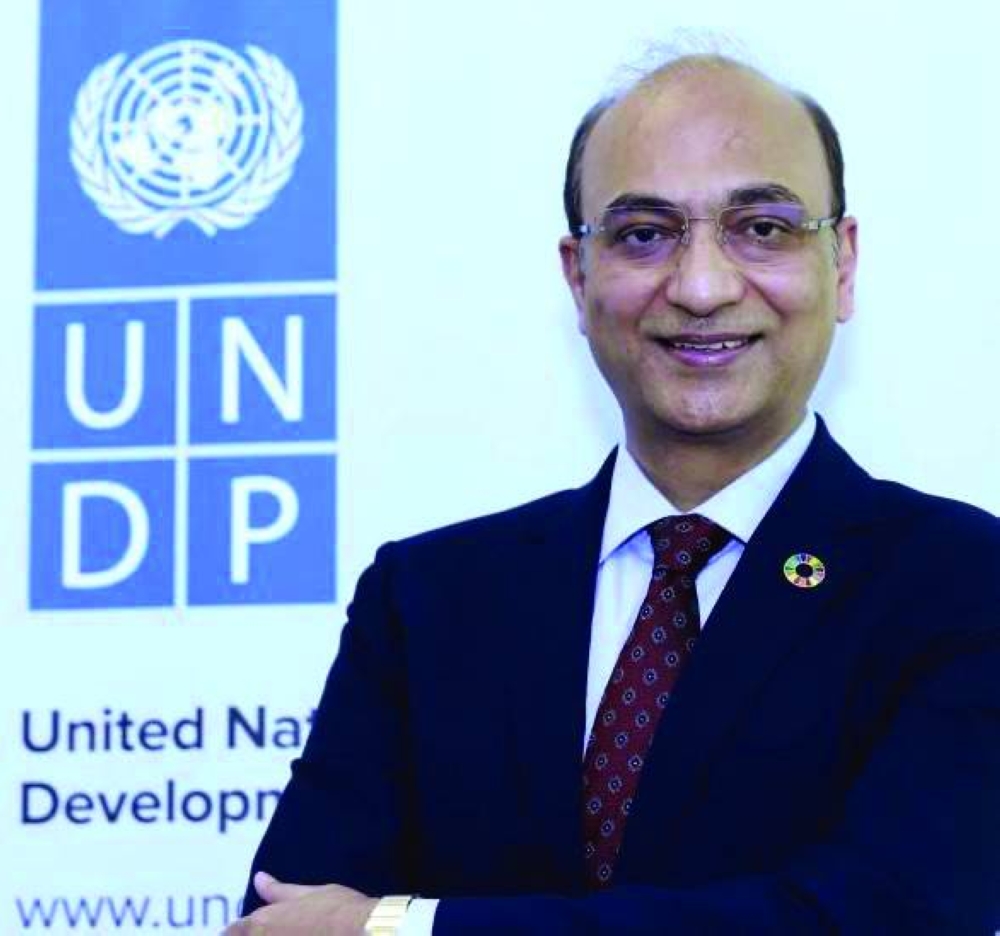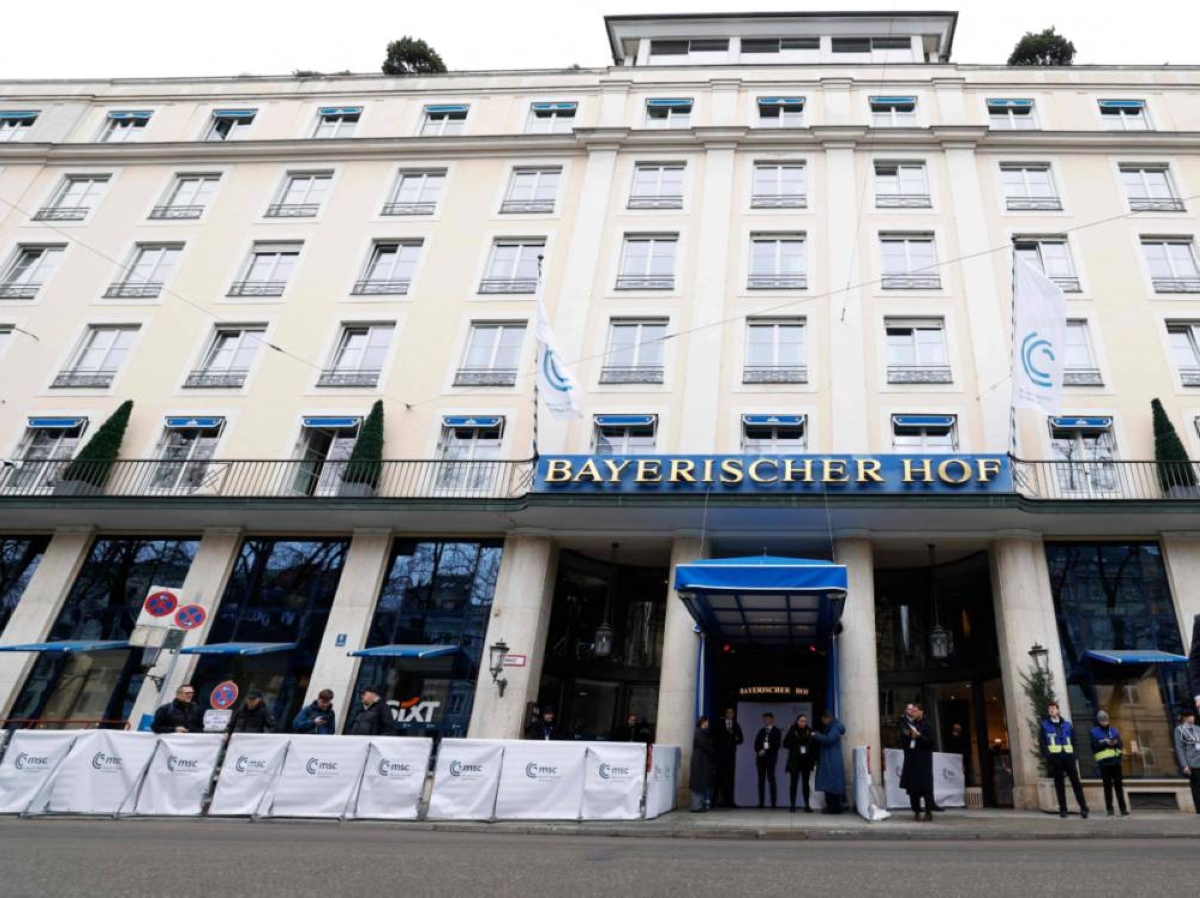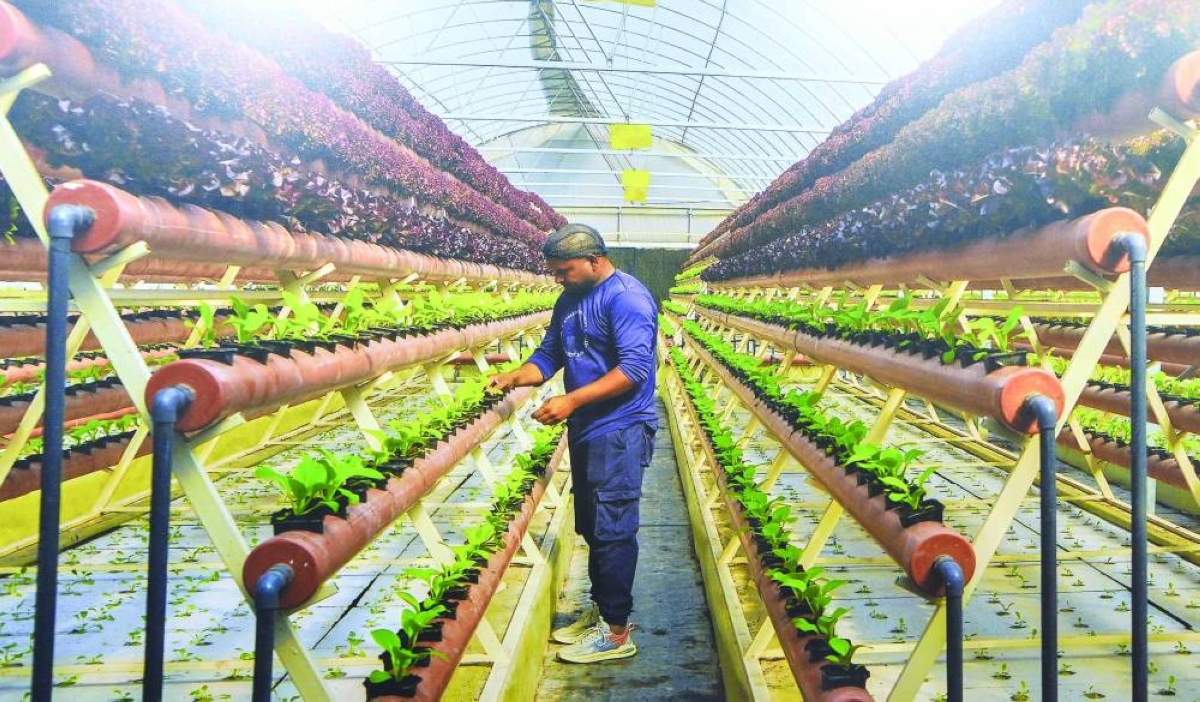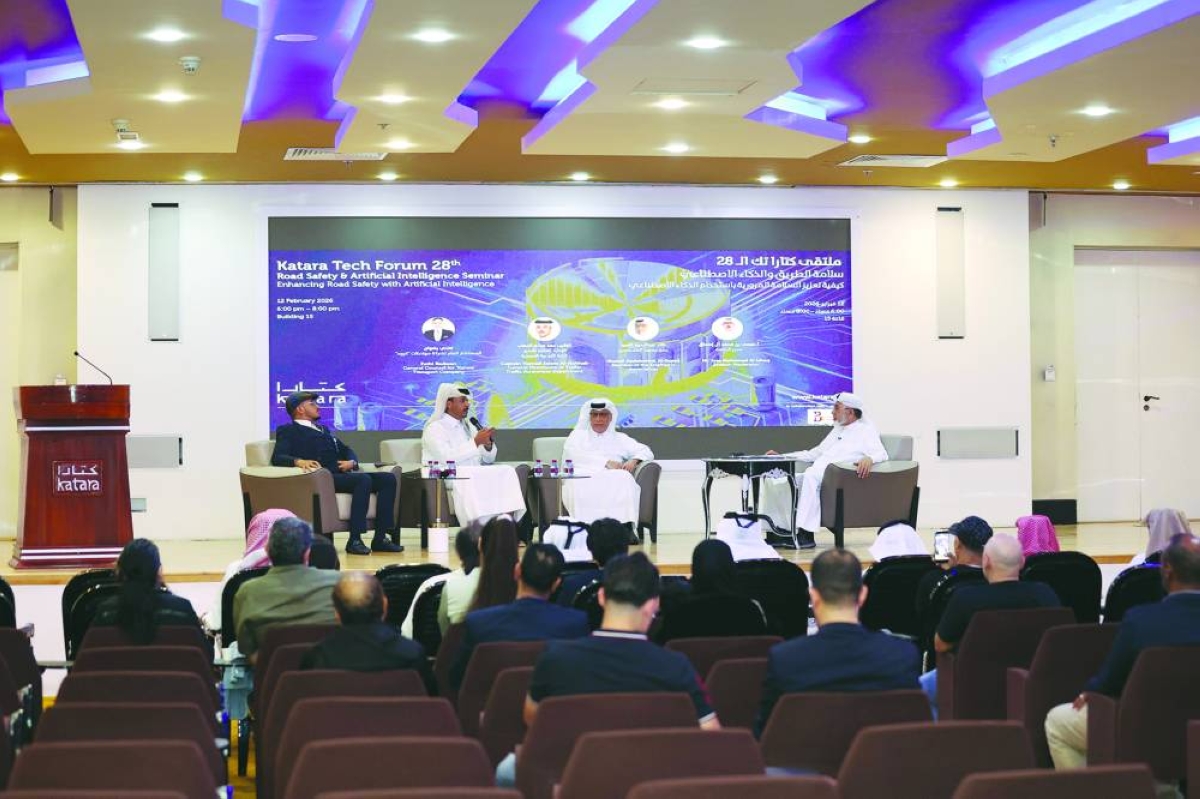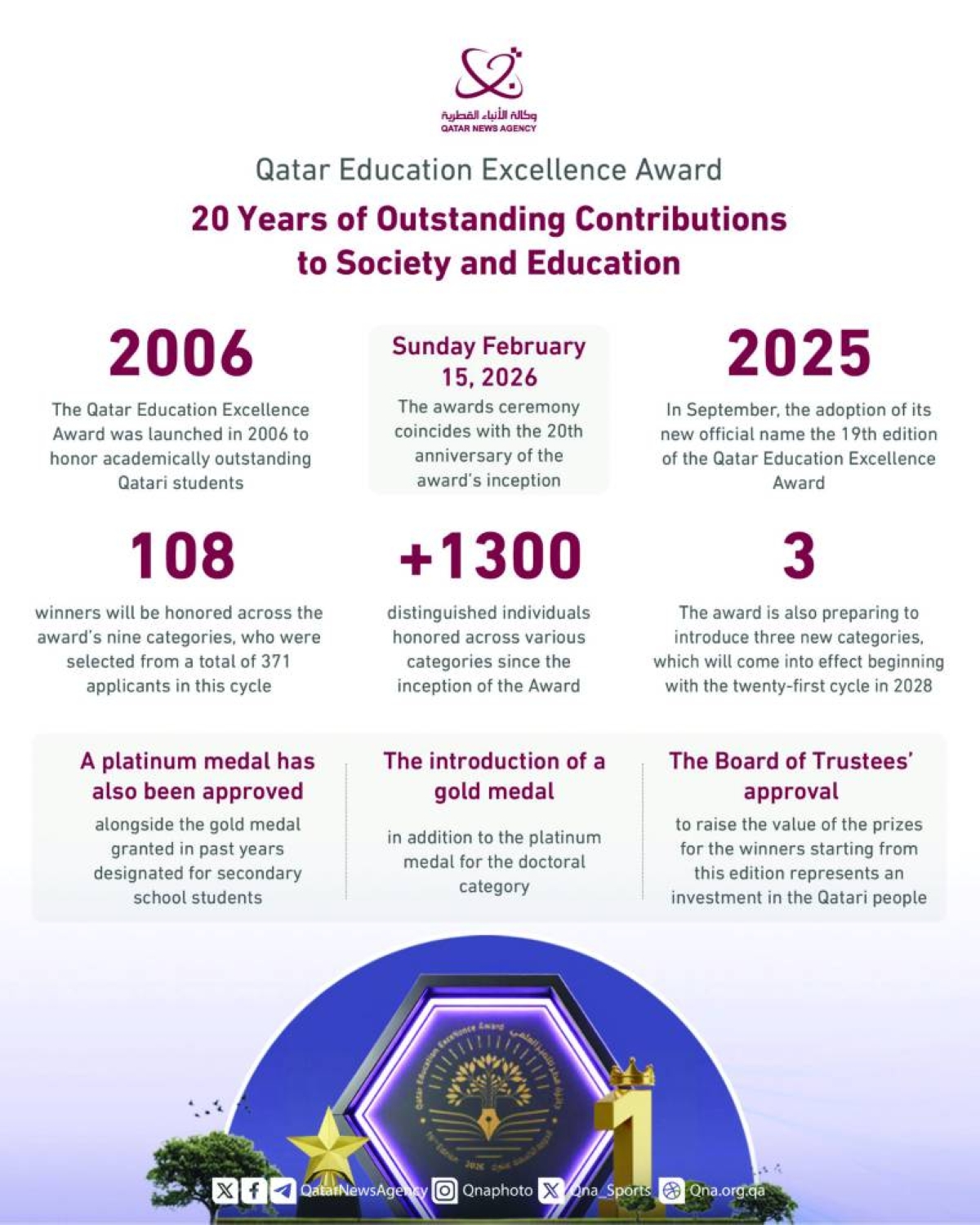Vowing to protect education and provide opportunities for marginalised and out-of-school children around the world, a large number of people turned up at the Museum of Islamic Arts (MIA) Park to participate in the Walk for Education: CSR & Sustainability Fair, organised by the Education Above All (EAA) Foundation.With the participation of a huge number of people, EAA, a global development and education foundation marked the UN International Day of Education, emphasising the power of community and collective action to support the EAA Foundation’s mission of providing inclusive and quality education to marginalised children around the world.The event started from 1pm and went all the way until 9pm with a large number of families and individuals The event brought together individuals, for a day filled with fun, engagement, and meaningful purpose to support education. The event was also overwhelmingly supported with the participation of several corporations and organisations from various sectors in the country.One key element of the celebration was the three symbolic walks held at 2pm, 4pm and 7pm around the park where participants came together in solidarity, showcasing a shared commitment to ensure that every child has access to education. The ‘Walk for Education’ served as a vibrant celebration of the transformative role education plays in shaping lives and building a sustainable future.“Education is the foundation of progress and equality, and it is our collective responsibility to ensure every child has access to this basic right,” said Taj Suliman, director, Communications and Private Sector Partnerships, EAA Foundation. “Today, thousands came together not just to walk but to stand as one community supporting education for all. This event reflects the essence of the International Day of Education—a call to action to ensure every child’s right to learn and thrive.”The event offered various activities for all ages, including football tournaments, art competitions, calligraphy workshops, and bouncy castles, ensuring a dynamic and inclusive experience. The ‘Buy a Brick, Build a School’ campaign provided an opportunity for participants to contribute directly to the construction and development of Assalam Schools.Food and beverage stalls, live stage performances, and CSR showcases by sponsors added to the day’s vibrant atmosphere, creating a unique space for engagement, education and collaboration.Proceeds from the Walk for Education will directly support Assalam Schools, a flagship initiative under the EAA Foundation’s Together Project. These schools empower children in need to overcome barriers to education and achieve their full potential.The sponsors of the event included QNB, Carrefour Doha, Marriott Worldwide Business Councils, Al Abdulghani Motors, Megamart, Baladna, Apparel Group, Yallatoys and KPMG.“At QNB, we are proud to support initiatives that strengthen communities and empower future generations through education,” said Heba Ali al-Tamimi, senior executive vice president, Group Communications at QNB Group. “This event exemplifies the power of collective action, and emphasizes our efforts at QNB to support initiatives oriented towards health and education, both being two of our main CSR Pillars.”

Joseph Varghese
A journalist with a penchant for reporting events, Joseph Varghese digs deep to unearth facts. With several years of experience, including at Gulf Times, Joseph handles health, science and technology, IT and education in addition to everyday developments.
Most Read Stories

